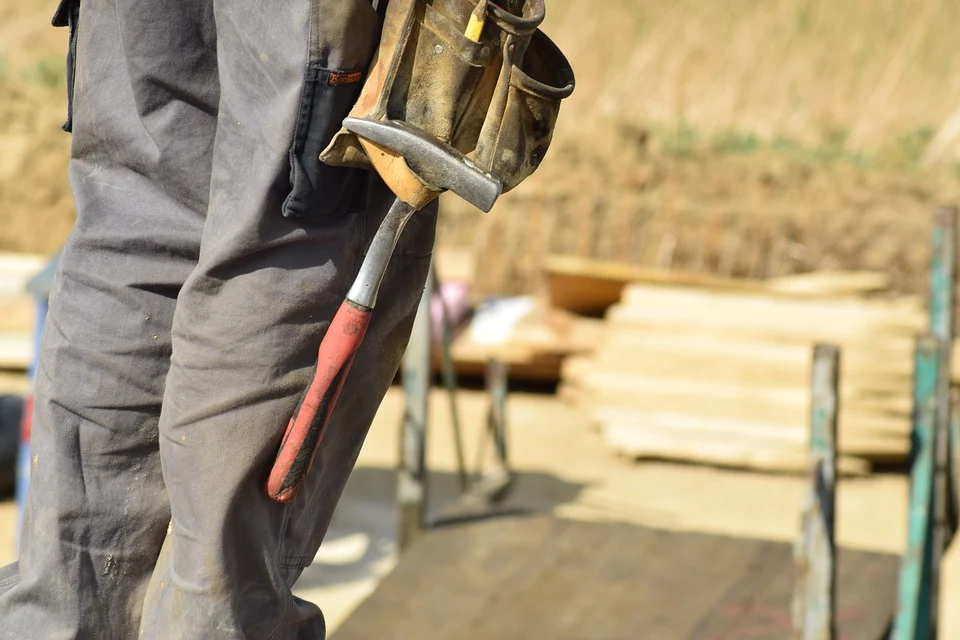
Landmark Workers Compensation decision recognises injury suffered in fatal heavy equipment accident
Published on February 14, 2018 by David Jones
Appeal upholds that 9 minutes of injury before death can be compensated
Carroll and O’Dea Lawyers has secured a landmark award for a Hunter Valley widow, proving her husband suffered a compensable injury before dying as a result of being trapped underneath a heavy earth-moving excavator.
The case, which has significant implications for workers compensation in NSW, means the widow will receive compensation for both the workplace injury which resulted in death as well as the compensation benefits payable upon death. The ability to claim both benefits had been unclear under amendments made to workers compensation benefits in 2002.
The 25 year old Hunter Valley man died at a local quarry after the heavy excavator he was operating toppled over, trapping him underneath.
Medical experts provided evidence that the worker survived at least nine minutes before succumbing to his injuries. It took two days for the man’s body to be recovered.
The Supreme Court of New South Wales has upheld an earlier decision awarding the widow compensation for the injury sustained by the worker on 9 September 2014 and stated the worker:
“suffered a permanent impairment which gave rise to an entitlement to compensation…even though his death followed shortly afterwards. It was his death which then gave rise to the separate entitlement to compensation”.
“This case has enormous implications for workers’ compensation in the state as it recognises a separate entitlement to compensation for an injury where death follows within a short time frame”, said Carroll and O’Dea Lawyers’ Partner David Jones.
“What the Court’s decision highlights is that where death is not instantaneous, even if it follows not long afterwards, then compensation is payable for both the injury and death. This was the case for injuries prior to 2002; however, the introduction of Permanent Impairment Guidelines for post 1 January, 2002 injuries cast some doubt upon the ability to recover for both injury and death.
“In this instance the decision has increased the amount of compensation received by the widow.
“Following amendments to the Workers Compensation Scheme in August 2015 the additional impairment is now worth a maximum payment of $598,560 in compensation. This is in addition to the current death benefit of $781,900 and this is one reason why the case now has considerable significance.
“This couple had only been married for a short time and had recently purchased their first home before the accident occurred.
“The tragedy of her husband’s death was not something his widow wanted to be meaningless and she sought to gain recognition of the injury he suffered before dying.
“This case will change the way that workers compensation and work place injury and death matters are dealt with in NSW, and opens the door to an additional compensation payment in such cases”, said Mr Jones.
The matter is currently on appeal in the Court of Appeal of New South Wales.
